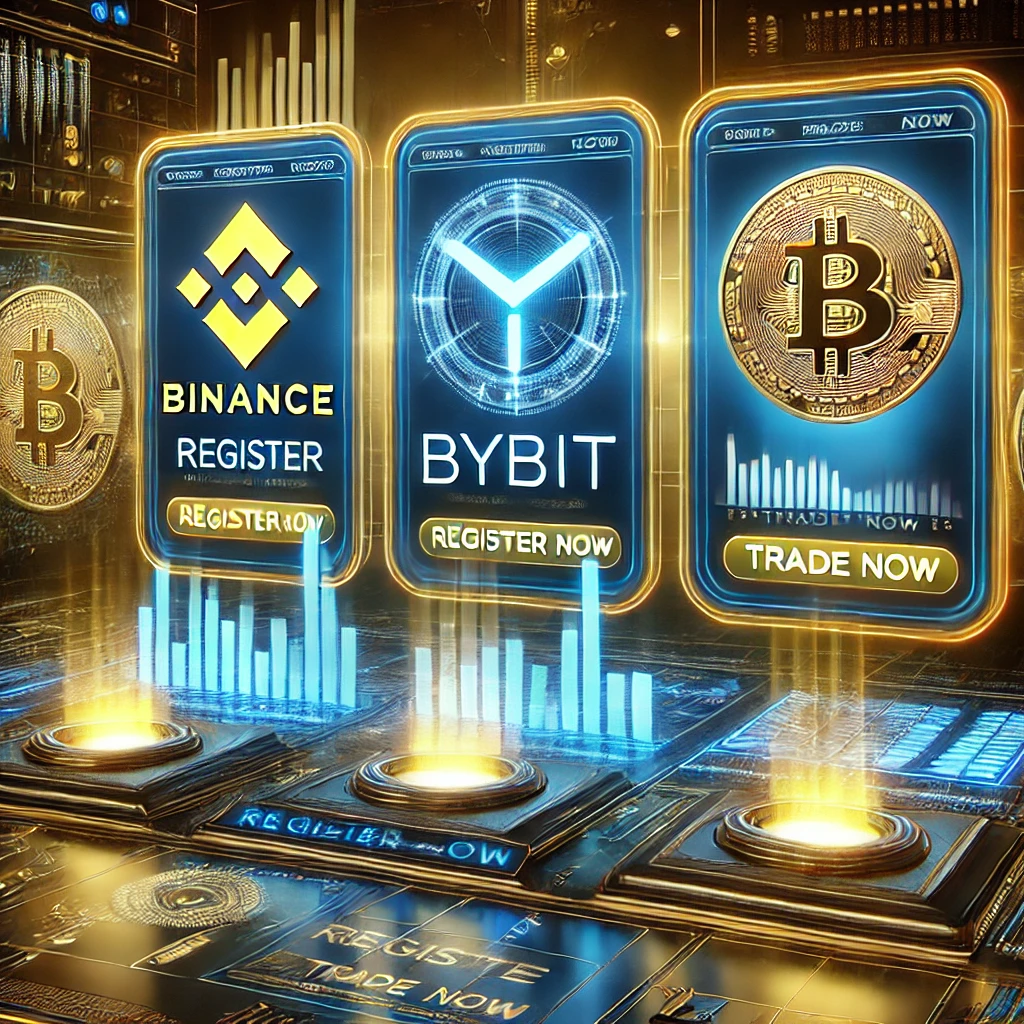Bitcoin and Ethereum are the two most important cryptocurrencies, but they serve different purposes. While Bitcoin is primarily a store of value and digital money, Ethereum is a smart contract platform that enables decentralized applications (DApps) and DeFi (Decentralized Finance).
In this article, we’ll explore:
🔹 What is Ethereum?
🔹 How Ethereum works compared to Bitcoin
🔹 Key differences and use cases of both networks
1. What Is Ethereum?
✅ Launched in 2015 by Vitalik Buterin, Ethereum is a blockchain network that allows developers to build smart contracts and DApps.
✅ Unlike Bitcoin, which focuses on payments, Ethereum is designed to be a programmable blockchain for building decentralized financial systems, games, NFTs, and more.
📌 Example: Popular Ethereum-based applications include Uniswap (DeFi), OpenSea (NFTs), and Axie Infinity (gaming).
2. Key Differences Between Ethereum & Bitcoin
| Feature | Bitcoin (BTC) | Ethereum (ETH) |
|---|---|---|
| Purpose | Digital money, store of value | Smart contract platform |
| Founder | Anonymous (Satoshi Nakamoto) | Vitalik Buterin |
| Launch Year | 2009 | 2015 |
| Supply Limit | 21 million BTC (fixed) | No fixed limit |
| Consensus Mechanism | PoW (before), now PoS | PoS (Ethereum 2.0) |
| Block Time | ~10 minutes | ~12 seconds |
| Smart Contracts | ❌ No | ✅ Yes |
| Use Cases | Payments, digital gold | DeFi, NFTs, DApps, payments |
3. Why Is Ethereum Important?
💡 Smart Contracts & Decentralized Applications (DApps)
✅ Smart contracts are self-executing agreements that run on Ethereum without intermediaries.
✅ Developers can build DApps like decentralized exchanges, lending platforms, and NFT marketplaces.
📌 Example: Uniswap allows users to swap tokens without a bank or central authority.
🔥 Transition from Proof of Work (PoW) to Proof of Stake (PoS)
✅ Ethereum switched from mining (PoW) to staking (PoS) in September 2022 (The Merge).
✅ PoS reduces energy consumption by 99.9% and makes Ethereum more scalable.
📌 Example: Unlike Bitcoin mining, Ethereum now allows users to earn rewards by staking ETH.
🚀 The Backbone of DeFi & NFTs
✅ Ethereum powers DeFi protocols, allowing users to lend, borrow, and trade assets without banks.
✅ It also dominates the NFT market, enabling digital ownership of assets.
📌 Example: OpenSea is the largest NFT marketplace, built on Ethereum.
4. Should You Invest in Bitcoin or Ethereum?
🔹 Choose Bitcoin if:
✅ You want a store of value (digital gold).
✅ You prefer lower risk and long-term stability.
✅ You want a hedge against inflation and economic crises.
🔹 Choose Ethereum if:
✅ You believe in the future of DeFi, NFTs, and smart contracts.
✅ You want to stake ETH and earn passive income.
✅ You believe Ethereum’s upgrades (PoS, scalability) will increase adoption.
5. How to Buy Bitcoin & Ethereum?
🚀 Buy & Trade Bitcoin & Ethereum Securely on Binance
👉 Join Binance Now
📈 Trade Crypto CFDs on Exness Without Holding BTC or ETH
👉 Start Trading on Exness
Both Bitcoin and Ethereum offer unique advantages—choosing the right one depends on your investment strategy! 🚀

